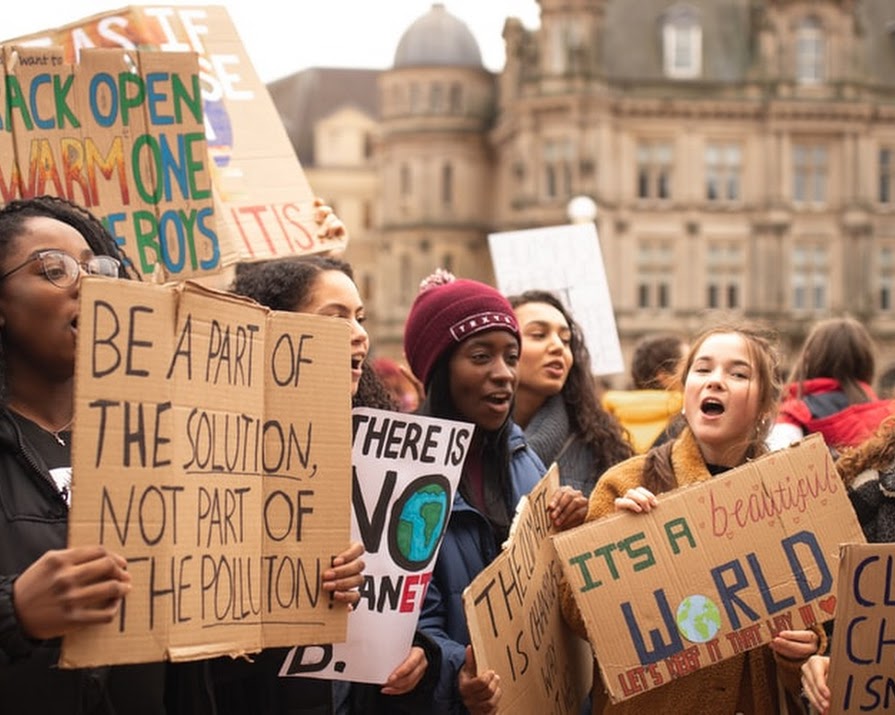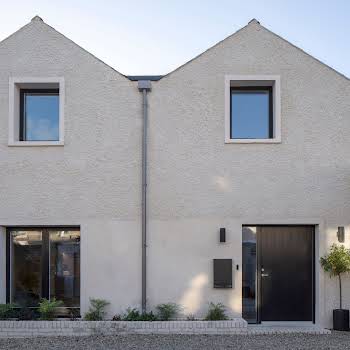
Gen Z: the kids coming of age amidst global civil rights movements, TikToks and a pandemic
By Erin Lindsay
22nd Jun 2020
22nd Jun 2020
With TikTok teenagers having a sizable impact on U.S politics right now, it’s time to familarise ourselves with the up-and-coming generation of changemakers
Fights for equal rights, climate change, global pandemics, and living everything online – this year has been fairly mentally taxing for all of us. But if you’re reading this as an adult, imagine how stressful it must be to be dealing with all of the above, plus the trials and tribulations of your teenage years.
Gen Z are doing all that right now — and not only that, they’re making it look easy.
Exact definitions of Generation Z vary, but generally, it’s characterised as including those born between the late 1990s and early 2010s. Those born in Generation Z are coming into adulthood right about now, having grown up surrounded by rapidly changing technology, information and travel becoming increasingly accessible, and, perhaps most significantly, the ever-present companion of social media.
While every generation has their cross to bear in political and social upheavals, there’s no denying that Generation Z has a lot going on right now. Global issues around equality, racism, sexism and LGBTQ+ rights, that have been brewing for decades, are now coming to a head around the world.
The death of George Floyd in the U.S just last month sparked a worldwide conversation about race, internal biases and systemic structures of racism in every country. Protests were spearheaded by young people, often organising themselves through social media, sharing information and advice in lending voices to the global struggle.
For the past number of years, climate change has been a significant issue in the lives of Gen Z, and one of the most recognisable faces in the world when it comes to the climate conversation belongs to a girl born in 2003 — Greta Thunberg.
Thunberg, aged just 17, began a global movement against climate change when she began protesting against it in her home country of Sweden. Within a year, Gen Z’ers around the world were joining Thunberg in organised protests, leaving their school desks to take to the streets in asking their government to do more for their future.
Here in Ireland, a recent survey by Spun Out, the country’s youth information website, asked young people what they would like to keep from lockdown when we all go back to normal. Answers included lower carbon emissions (58%) and more government support for the vulnerable (53.5%).
At the beginning of this year, Gen Z bucked the notion that young people talk the talk but don’t walk the walk when it comes to elections. While the General Election results were the subject of much contention, Sinn Féin did perform the best out of the three main parties, gaining 24.53% of the first preference votes. This was driven primarily by the youth vote — Sinn Féin won 31.8% of 18-24 year olds’ first preferences.
Over the weekend, Gen Z was in the spotlight again, as they took credit for a poor turnout at President Donald Trump’s campaign rally in Tulsa, Oklahoma. When the event was announced on Twitter earlier this month, Gen Z’ers on TikTok and KPop (Korean pop music) fans circulated its details, urging young people to sign up for tickets without any intention of going.
Trump and his team mentioned figures of over a million RSVP’s to the event, but on Saturday, an estimated 6,200 showed up, leaving thousands of seats in the auditorium empty. It would be incorrect to say that the absence of supporters was solely down to the Gen Z effort, but there’s no doubt that the youth made their voice heard the best way they know how — online.
Read more: IMAGEWrites: When you bemoan the swarms of cyclists and then buy a bike
Read more: ‘I was just 15 when I was introduced to the casting couch system.’ Former child star Cora Sue Collins on the dark side of Hollywood’s golden age
Read more: Three in 10 female students in Ireland experience non-consensual sex, a new study has found























